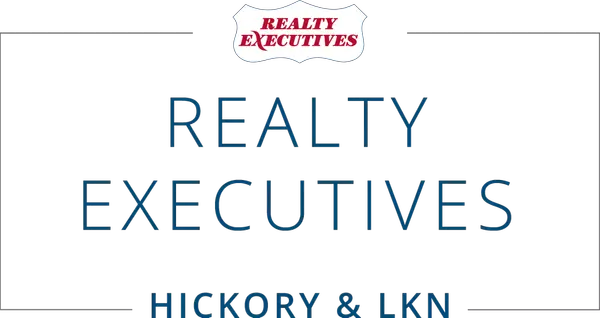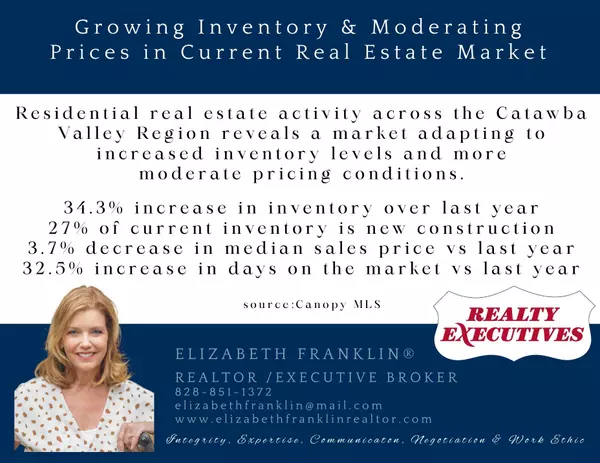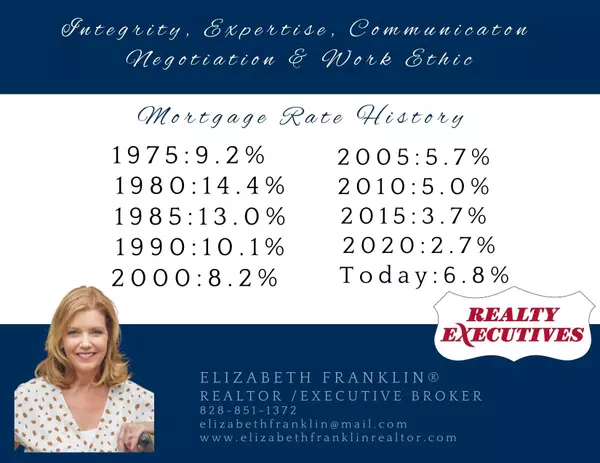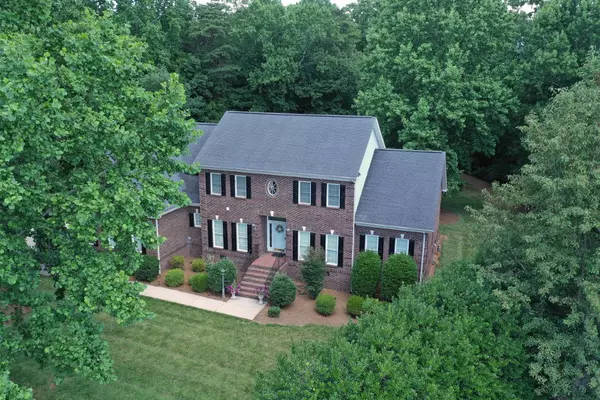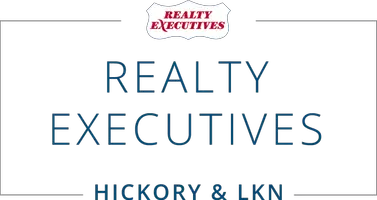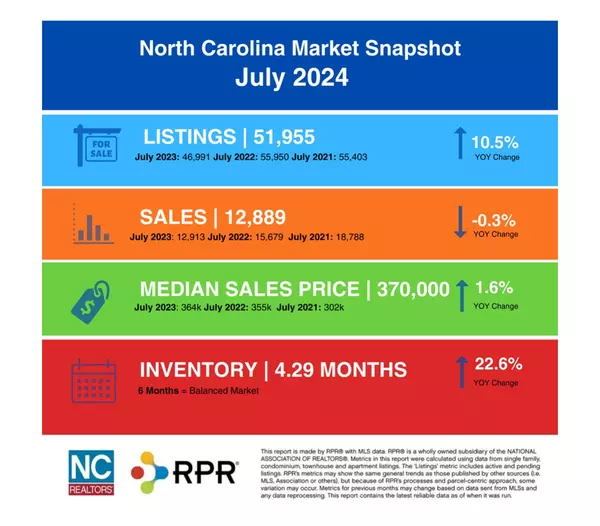
NC Market Trends
July 2024 NC Housing Report North Carolina’s real estate market displayed mixed signals in July. The market saw 51,955 new home listings, slightly down in comparison to the June listings of 52,188. Home sales edged up slightly in July to 12,889 in comparison to the June amount of 12,698 but the mar

Hickory NC Aviation Walk Opens
Funded largely by a $17 million BUILD grant from the United States Department of Transportation, the Aviation Walk creates another critical link between several notable Hickory destinations. As part of the larger Hickory Trail multiuse path system, the Aviation Walk provides bicycling and pedestria
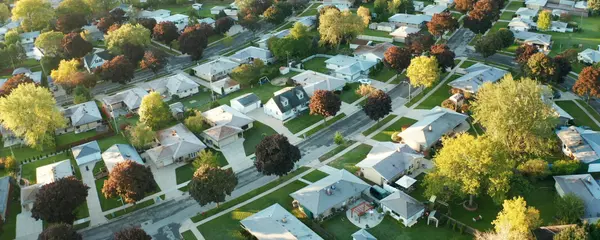
Catawba County Market Update
Check out the latest market trends in Catawba County, NC!
Categories
Recent Posts
